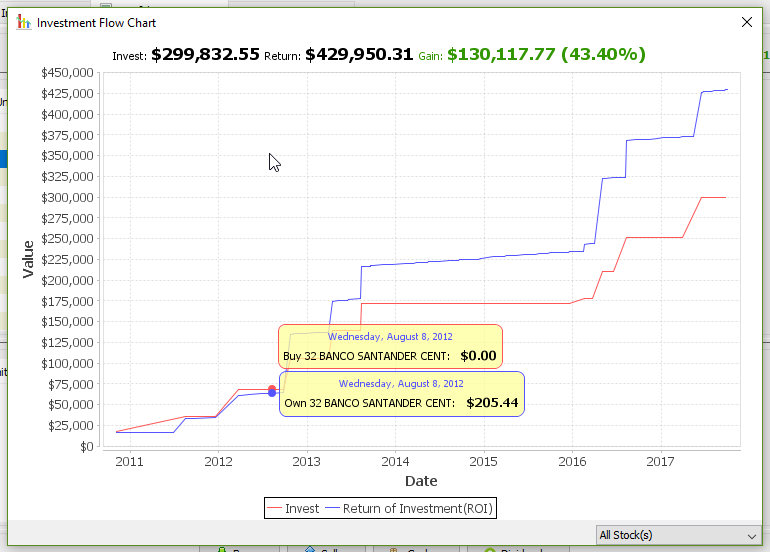Sorry to disappoint you! But yeah, PnL and performance attribution is a genuinely hard problem if you want to do anything more detailed than just "what's my time-weighted or money-weighted return on my book of listed equities with well-defined closing prices".
Breaking down to a per-trade, or per-strategy level... properly attributing hedges and funding costs... accrual and accretion PNL for fixed income... liquidation methodologies for jurisdictions where your liquidation order has capital gains tax implications... this stuff is HARD, yo.
That said, if that really is all you want to do, and you want to add performance tracking of individual stocks, just pick a liquidation methodology (LIFO, FIFO, weighted average cost, whatevs), and make sure you keep close track of dividends and splits.
A few months ago, I went through an exercise where I had to liquidate my AAPL shares for capital gains tax purposes. The shares were held through two splits, two-three purchases, and two-three sales over a 15 year period. Of course, I had to account for foreign exchange rates too.
Crazy...






